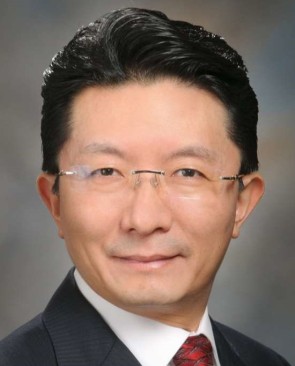We are pleased to announce the results of the 2023 IASLC Board of Directors (BOD) election. We received a strong slate of candidates for a limited number of open Board of Directors positions, and I want to thank you for taking part in this process. From submitting nominations and campaigning to sharing your thoughts and opinions, your engagement, enthusiasm, and passion are central to why the IASLC remains the premier global lung cancer research organization.
As an IASLC Board member, how do you envision helping the organization adhere to its international and multidisciplinary mission?
See the newly elected board members' full answers below by clicking on the red + on the bottom of their block.








